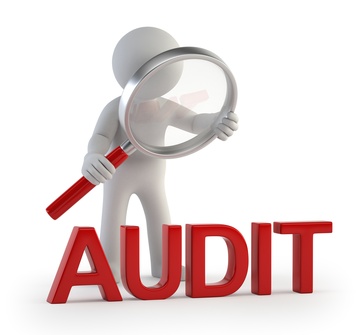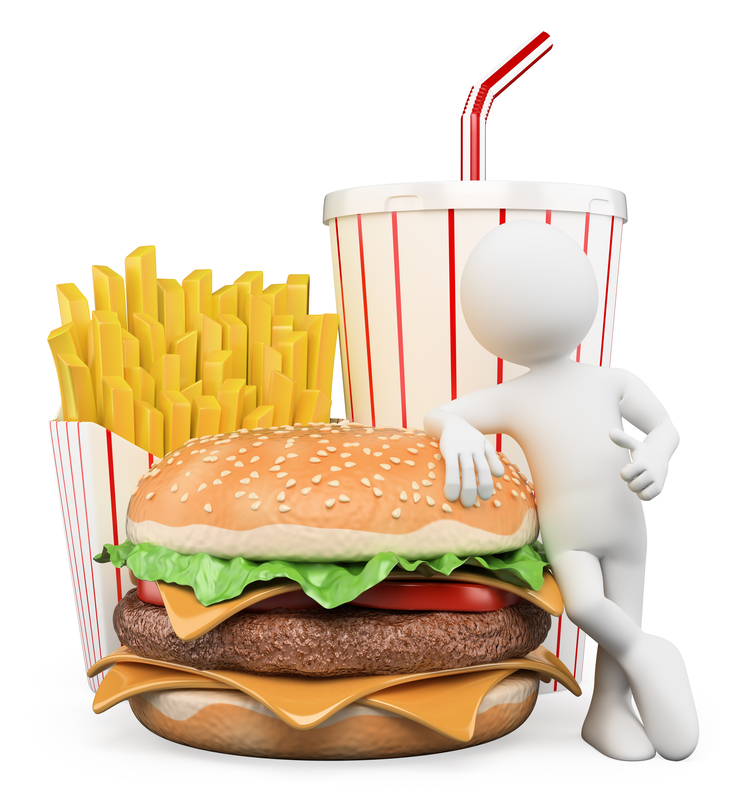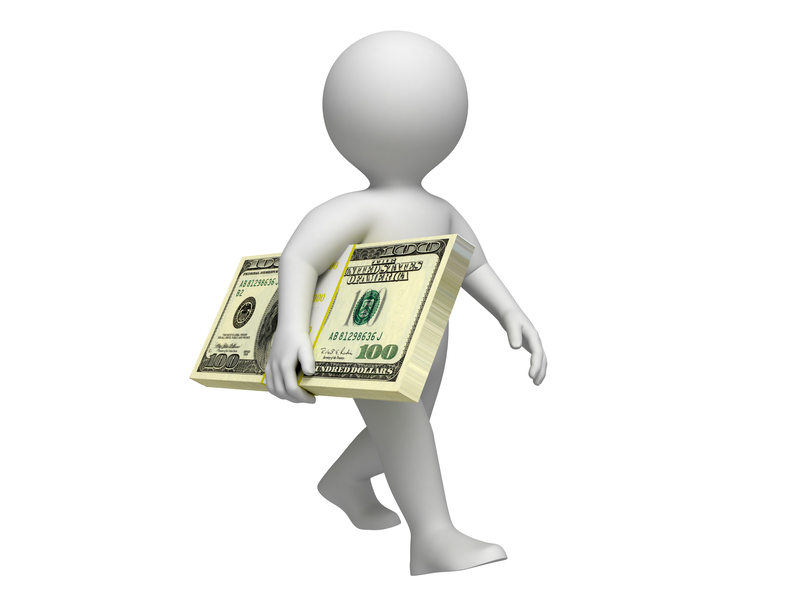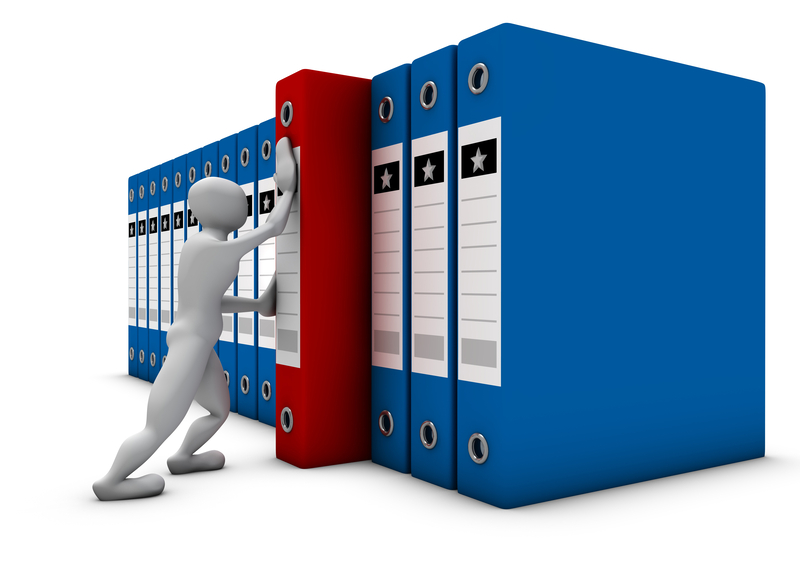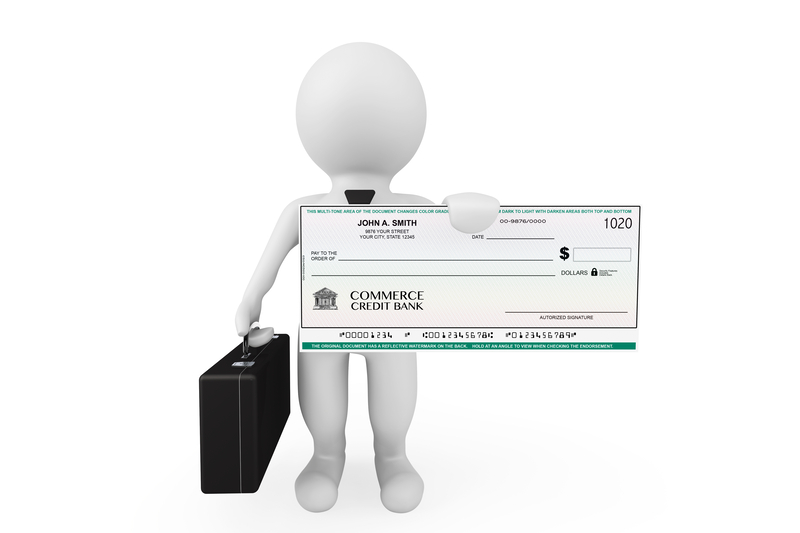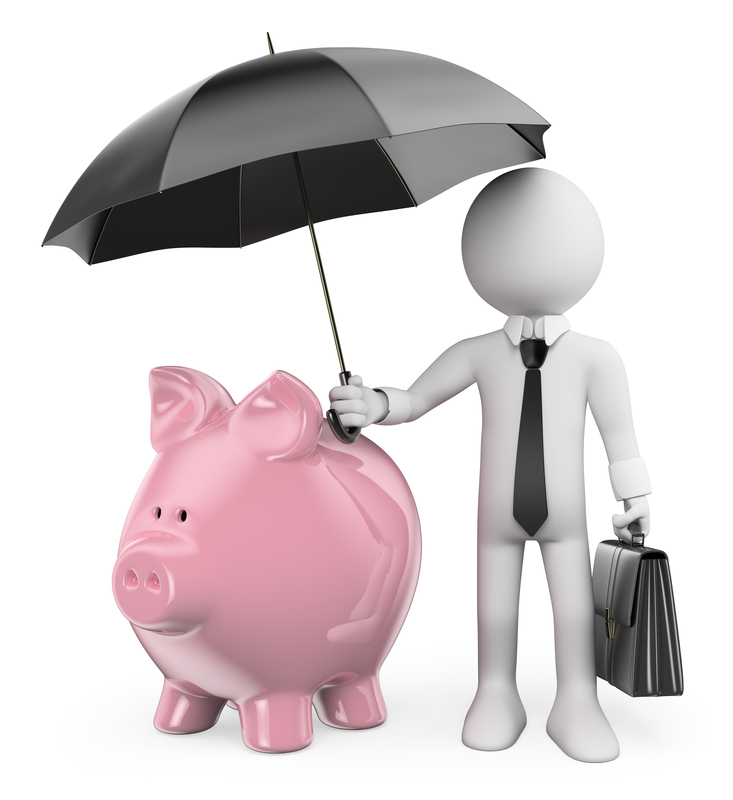- Essential Bookkeeping Habits For Audit Ready Books in Canada
- Canadian Income Tax Compliance
Canadian Income Tax Compliance
Tax Primer For Small Business
By L.Kenway BComm CPB Retired
This is the year you get all your ducks in a row! Start by starting.
Updated January 14, 2026 | Published February 28, 2024
Image Index and Quick Rate Links
Basic bookkeeping articles focused on different aspects of Canadian income tax compliance. I've broken the articles into three image indices:
- Self-employed income tax deductions
- CCPC (Canadian Controlled Private Corporation) income tax compliance
- Employee taxable benefits affecting their personal tax returns
I've also provided QUICK LINKS to:
- current CRA prescribed rates and limits for vehicles, shareholder loans, etc.
- a brief primer on how governments raise tax revenues
- another article you might be interested in Home Based Business and Taxes Q&A
Self- Employed Tax Deductions
Learning The Rules
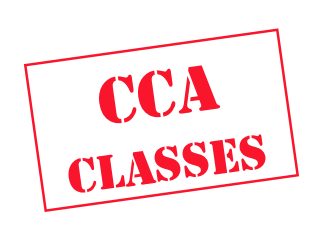 What is Capital Cost Allowance (CCA)?
What is Capital Cost Allowance (CCA)?Incorporated Tax Compliance
Learning The Rules
Employee Taxable & Non-Taxable Benefits
Learning The Rules
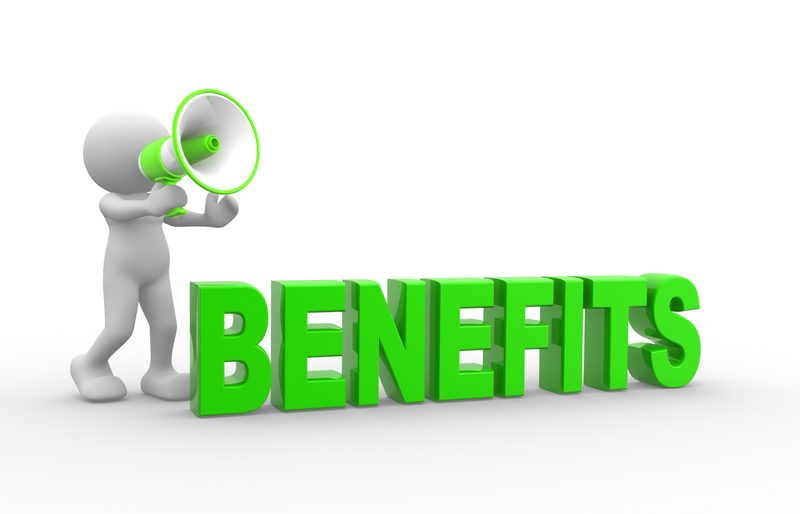 Employee Taxable Benefits
Employee Taxable BenefitsCanadian Income Tax Compliance
Links To Prescribed CRA Rates and Limits
Interest rates:
- Prescribed quarterly interest rates
- Corporate taxpayer pertinent loans or indebtedness (PLOI
- [Bank of Canada interest rate announcements schedule]
Deduction limits for:
Taxable benefits for:
Luxury tax:
Effective September 1, 2022, a luxury tax is calculated at the lesser of:
(i) 20% of the value above $100,000 for cars; and
(ii) 10% of the full value of the luxury vehicle.
Note: While the Federal Budget 2025 removed the luxury tax on aircraft and boats effective November 4, 2025, it did not remove the luxury vehicle tax.
Registered account annual contributions limits:
- TFSA - 2026 $7,000 (2025 $7,000)
- RRSP - 18% of earned income reported on your prior year tax return to a maximum of $33,810 in 2026 ($32,490 in 2025)
Payroll tax rates:
How Governments Raise Tax Revenues
To do Canadian bookkeeping requires some basic knowledge of taxes so you can properly record sales tax, payroll tax, employee taxable benefits, or allowable income tax deductions.
Let me say that again. To do Canadian bookkeeping requires some basic knowledge of taxes so you can properly record sales tax, payroll tax, employee taxable benefits, or allowable income tax deductions.
I think ... no, I know... it helps YOU to keep a better set of books if YOU understand a little bit about the kinds of taxes there are in Canada ... and the reason governments use one type of tax over another.
Governments use taxes not only to raise revenues but also to direct social policy. The trend in the world today is to tax consumption more than income.
David Robertson, a Canadian tax lawyer explains ... in a paper entitled Sales Tax Harmonization: The Facts & Nothing But The Facts ... that there are only three ways for a government to raise revenues:
- When money is earned by a taxpayer - for example income taxes, payroll taxes and profit taxes.
- When money is spent by a taxpayer - for example consumption taxes, sales taxes, land and property transfer taxes.
- On the value of a taxpayer's assets - for example property and estate taxes.
Provincial governments have four sources of revenue:
- provincial taxes - for example personal income taxes, corporate income taxes and sales taxes;
- federal government transfers;
- income from investments and government businesses - for example the liquor board;
- other income - for example natural resources, fines and permit fees.
Mr. Robertson points out that "the choice between which of these taxes to impose and when is generally driven by not only the need to raise revenues for government purposes, but also the behaviours the particular government wishes to encourage or discourage.
Amongst OECD member countries, the trend has been to place more emphasis on taxing consumption and to reduce taxes on business profits and investments.
The policy reasons for this are clear. Taxation of income and profits provides a disincentive for citizens to earn more.
By reducing income taxes, government place more after-tax dollars into taxpayers’ hands, allowing them more flexibility to choose to invest that money in further income-earning activities or to use it for personal consumption.
If the taxpayer chooses the former, no further taxation is imposed. If the taxpayer chooses the latter, a consumption tax applies. In this way, the tax system provides an incentive to taxpayers to invest in further income-earning activities with the added benefit of discouraging excess consumption."
Mr. Robertson is a partner with the firm EY Law LLP. His paper was presented in September 2005 at the CICA Commodity Tax Symposium. The article is no longer available online. The 75 page paper is written in a user friendly way ... which means it didn't sound "legalize" to me. I could actually follow what he was saying ... and it was really interesting and informative ... so I thought I'd share just a piece with you. I hope you enjoyed it.

